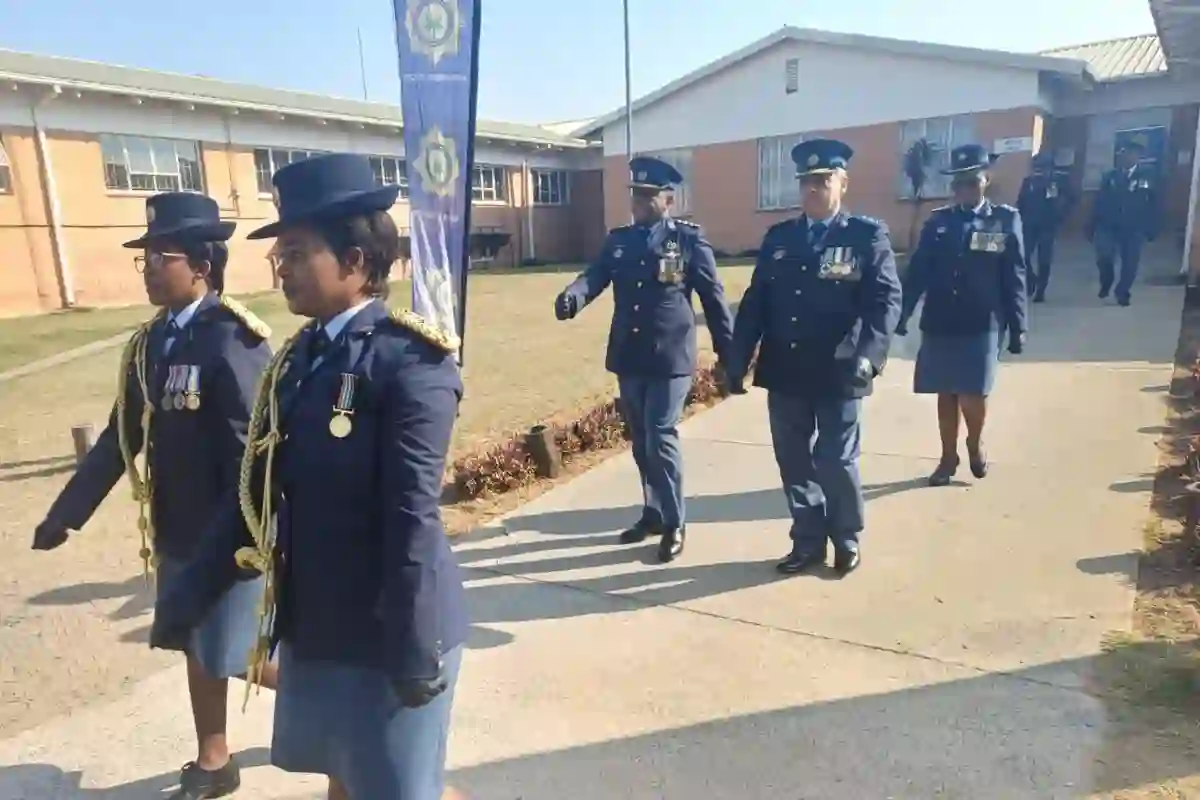President Cyril Ramaphosa has kicked off a months-long “national dialogue,” urging South Africans to unite and tackle the country’s persistent challenges.
The initiative, launched on Friday, aims to spark conversations across communities, though critics have dismissed it as an expensive talk shop with little real impact.
Addressing South Africa’s Deep-Rooted Issues
Africa’s most industrialised nation still struggles with widespread poverty and inequality, three decades after the end of apartheid.
Speaking to over 1,000 attendees at a two-day convention, Ramaphosa acknowledged that “many things are broken” and stressed the importance of collective problem-solving.
“By getting together, talking to each other, we should be able to find solutions on how we can put many of the things that are broken in our country together,” he said, emphasizing the need for dialogue to translate into action.
High Crime, Unemployment, and Land Reform on the Agenda
Among the pressing issues highlighted by Ramaphosa were unemployment, which has surpassed 33 percent, and extreme inequality.
Other priorities include tackling high crime rates and land reform, as most farmland remains in the hands of the white minority.
The African National Congress (ANC) is presenting the initiative as a “conversation among South Africans” to envision a brighter future.
However, the plan has met scepticism from opposition parties.
The Democratic Alliance (DA), South Africa’s second-largest party, called the process “meaningless” and an “obscene waste” of public funds, announcing it would not participate.
Critics and Skeptics Question the Process
Key supporters of the dialogue also stayed away from the launch, including former president Thabo Mbeki, citing concerns that the event had been rushed and that the budget was excessive.
Reports suggest the national dialogue could cost taxpayers several hundred million rand, although the presidency insists measures will be taken to reduce expenses, including providing some venues and transport for free.
Ramaphosa Calls for Shared Vision
Ramaphosa encouraged South Africans from all walks of life to engage with the dialogue.
“We also need to ask ourselves, why do so many people live in abject poverty, and so few live lives of opulence?” he said.
“Why, after decades of democracy, are the prospects of the white child so much better than those of a black child?” he added.
The president stressed that the goal is a national vision that is “bold enough to inspire, yet practical enough to implement.”
Notable Figures Join as Dialogue Ambassadors
Around 30 prominent South Africans have been named ambassadors of the process, including actor John Kani and Miss South Africa 2024, Mia le Roux, both present at the launch.
Imtiaz Sooliman, founder of the Gift of the Givers humanitarian group and another ambassador, said the initiative is meant to foster genuine debate.
“If you listen to the dialogue within ourselves, it is not a rubber-stamp organisation – everyone challenges each other,” he told AFP.
Can the National Dialogue Deliver Real Change?
While the initiative has attracted attention and participation from diverse sectors, questions remain about whether it can produce tangible results.
Ramaphosa’s call for unity and problem-solving will now be tested in local-level meetings across the country over the next six to nine months.
South Africans are invited to share their thoughts on the National Dialogue and follow updates via The South African’s newsletters and social media platforms.
